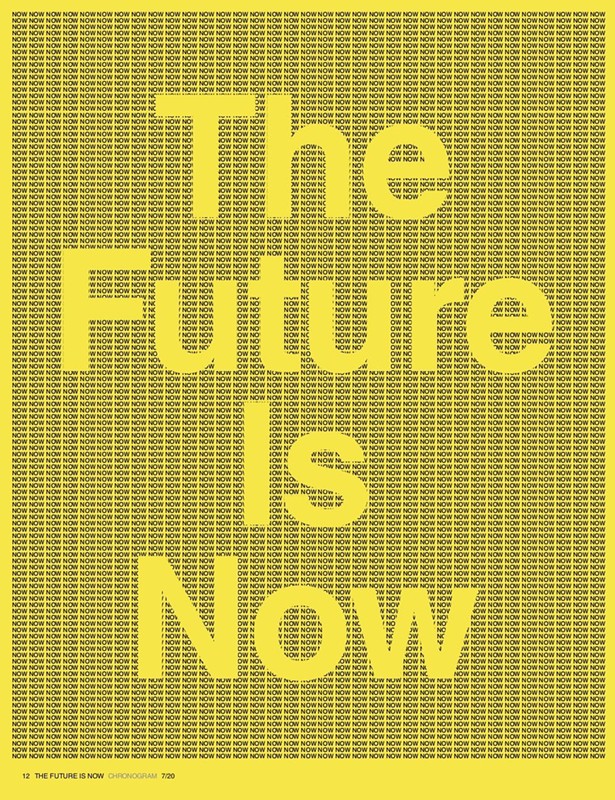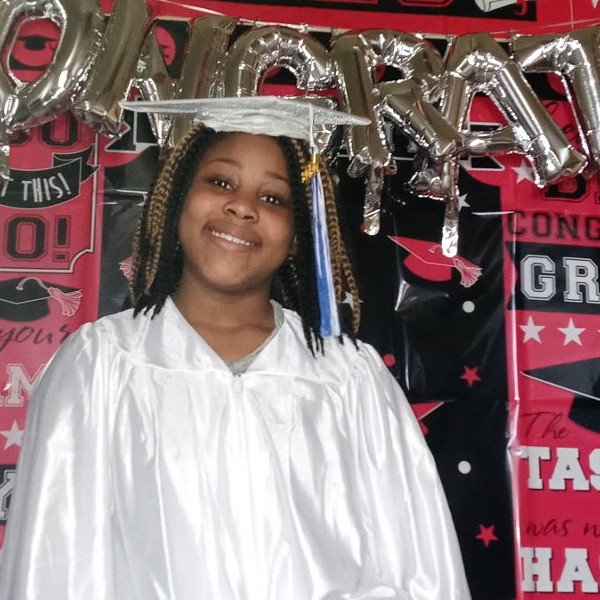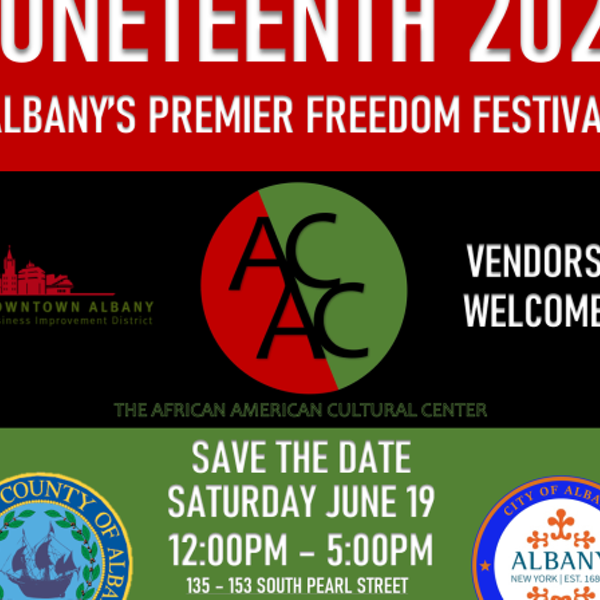In the first three months of the COVID-19 pandemic, the US lost more lives than in the entire Vietnam War. Unemployment rose from four percent in February to 14 percent in April, with more people out of work in the US than in the Great Depression. The coronavirus, and the massive response needed to combat it, have brought unparalleled disruption. While the public health crisis is far from resolved, that black swan event has been followed by another explosion, one that should not have been a surprise: the outpouring of protest in response to the murder of George Floyd and the rapid mainstreaming of the Black Lives Matter movement.
This turbulence plays out against the backdrop of a climate crisis that is already stressing ecosystems and communities. COVID itself is a sign of ecosystem imbalance. The climate crisis has been evoking unprecedented creative response and leadership. New York is one of 23 states declaring "We're still in" on the Paris agreement. Climate strategist Bill McKibben recently observed that the political dominance of the fossil fuel industry is beginning to wane, while Bloomberg reported that ExxonMobil, for decades one the most profitable multinational corporations, has seen its share price fall for the past 10 years and its overall value is now less than that of Home Depot. Major investors and money managers, and leading fund managers such as BlackRock, are applying climate criteria to their investment decisions at a new scale. Bard College economists Eban Goodstein and Hunter Lovins argue further that the sharp drops in price for solar power and energy storage are leading quickly into an era of "solar dominance."
Amid the suffering and chaos, we are beginning to see a sense of unity, and a unique opportunity. As we reopen, our communities, workplaces, and institutions are grappling with critical questions. How to rearrange public spaces to ensure safety while restoring social interaction and advancing social justice? How to invest in economic recovery that benefits communities and restores the environment around us? How to respond to the urgent call to action for racial justice? If these responses can be aligned with climate action to speed the shift to a renewable and regenerative economy, we will be able to create a "virtuous cycle" of self-reinforcing positive change.
Many of us have experienced the pandemic in a hyper-local manner, with restricted mobility and social interaction, while watching the global dynamics via media. It is useful to realize the truly global nature of both the crisis and the exploration of breakthrough possibilities. The International Energy Agency (IEA) has put forward its own "sustainable recovery plan" for accelerating the shift to renewables, investing in clean transportation, and more. Its economic analysis, done in partnership with the International Monetary Fund, shows that such a plan can save or create nine million jobs worldwide. IEA is pushing that plan with national governments. It is time to think big.
Chronogram and the The River Newsroom have joined forces with Sustainable Hudson Valley to look more deeply at the opportunities before us and what it will take to capture them. This special section considers six interrelated themes: health, economy, food and agriculture, public space, education, and racial justice. We have asked a wide range of strategic thinkers to tackle a series of questions:
• What's the disruption?
• What's the opportunity it presents?
• What will it take to capture the opportunity, and who will need to be involved?
We present these ideas to spark action, and we invite you to consider the possibilities. Business as usual is no longer an option. Our habit structures have been disrupted. After a period of shock, the logistical capabilities of our communities and institutions have been mobilized, and so has large-scale activism. Through the mass shifts toward remote work, virtual education, and telemedicine, large numbers of people have gained new comfort levels with technology and new access to empowering resources (while others are left behind without access to reliable internet connectivity). We have just seen a national experiment with universal basic income. Economic recovery funding is flowing into our communities. If not now, when?
—Melissa Everett, executive director of Sustainable Hudson Valley

















